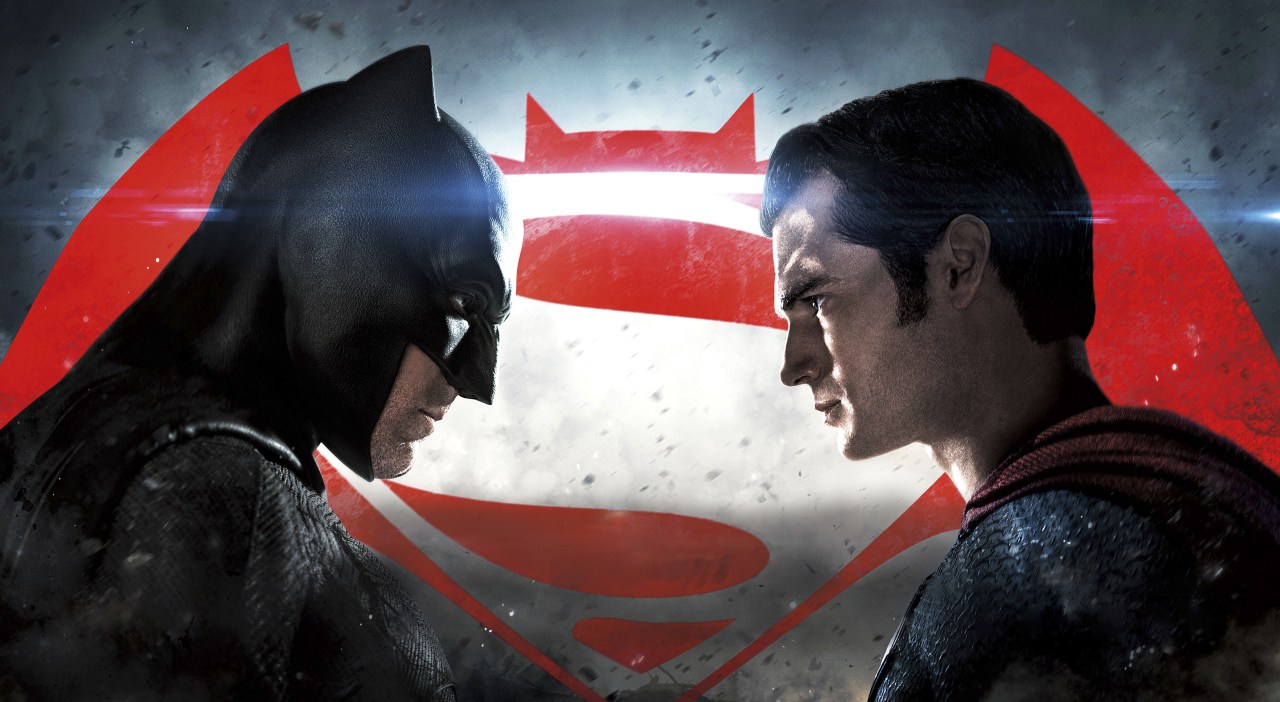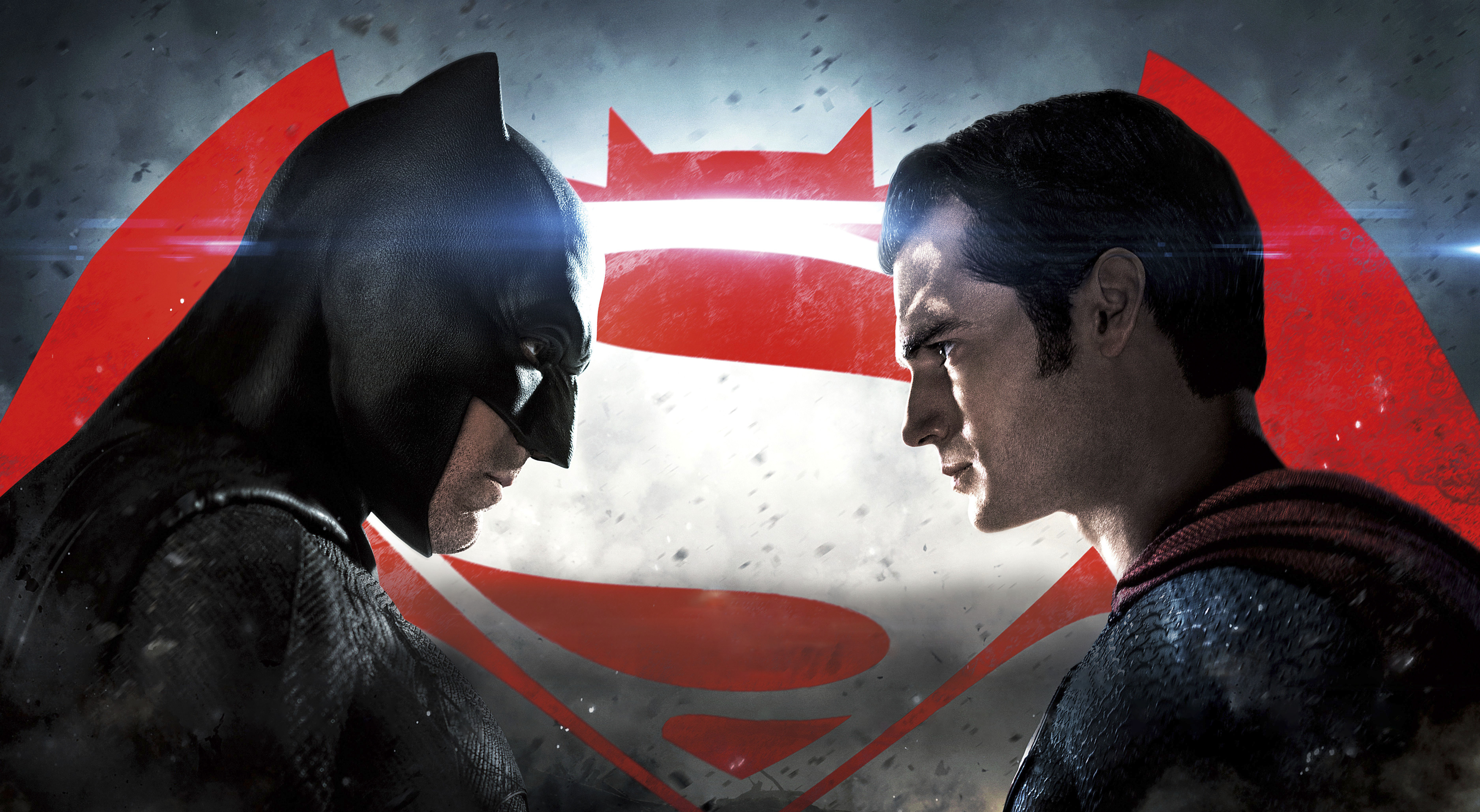I don’t know about you but I’m a rather a fan of Batman or The Batman, if you prefer to give him the definite article as the new film does. It’s also rather heartening to see so many fine British actors earning a pretty penny portraying him – Robert Pattinson dons the cowl in the new film, hot on the heels of Christian Bale. And it’s not just Gotham’s bone crushing vigilante that our acting schools are clearly adept at preparing actors for: Brits Tom Holland Andrew Garfield have both slung webs as Spider-man and of course Henry Cavill has done the blue leotard proud playing Superman four times.
As well as the actors, our directors like Christopher Nolan have elevated the Batman story a new level and indeed our writers (namely Alan Grant) have also had a hand in this process: so why is it that Britain has never developed a homegrown Batman-style fictional vigilante of its own, or indeed any serious cultural contender to the steroidal mass musculature offered by the DC or Marvel worlds?
When it comes to fighting crime, Britain has thrown its creative energies into gentleman detectives like Sherlock Holmes
If you look back at the heyday of British comics and their survivors then we have the likes of Roy of the Rover – a footballer – or Dan Dare, an urbane pipe-smoking space pilot whose only dark side is on a distant moon. Neither of them had super powers either, and their necks were conspicuously narrower than their heads.
Britain’s nearest corollary to Batman is Judge Dredd, but he lives in Mega City One which is approximate to New York state. Also he’s a policeman which actually makes him and the whole set-up altogether the more subversive and also rather different from the likes of Bruce Wayne, Clark Kent or Peter Parker. Moreover the only superpower that Dredd possesses is a profound lack of empathy, which is not usually so highly regarded as qualities go, outside of the Home Office of course.
Instead when it comes to fighting crime, Britain has thrown its creative energies into gentleman detectives like Sherlock Holmes, Poirot and Morse, as well as overtly less gentlemanly ones, like Inspector John Rebus. But whatever their backstories – including Dr Watson’s military service in Afghanistan or Rebus’s in the SAS – these are not men of action, nor are they avenging angels.
Then we come to Miss Marple who, let’s not forget, first appeared in 1927, 12 years before Batman threw his first punch. At a push Christie’s super-sleuth might be able to tell you what a numchuck is – well, maybe – but she couldn’t pick it up, let alone throw it. Either way, I’d hate to see the Hollywood adaptation in which she performs the sort of high kick that Gal Gadot can pull off: and God forbid that we one day have a Marple ‘reboot’ in which she stalks the darkened Rectories of Dorking and Royal Tunbridge Wells bringing retribution to suburban blackmailers and embittered disinherited siblings.
What our crime fighters have in common is that as well as being less steroidal than their American counterparts they are rather are more interested in solving the crime: they are motivated by justice in its traditional sense rather than revenge. Indeed, most of time the time they leave the business of revenge up to criminals.
And that raises the question of whether our different choice of ‘heroes’ reflects British and American criminal justice systems. Where the American system is characterised by a muscular certainty about the efficacy of punishment (including the capital variety), our criminal justice system is transparently less convinced about the virtues of punishment and appears to be fixated far more on public protection and (ostensibly) on rehabilitation and reform – the right of the accused to remain innocent until proven guilty is paramount. And that’s not very Batman.
Of course we do spies well over here, and this arena provides probably the closest cousin that Britain has to offer Batman in the person of James Bond. Like Batman, Bond is no stranger to the occasional extra-judicial killing or act of vengeance; but he’s not a man in a mask, or is he? Perhaps that’s his appeal. Yet Fleming created Bond just 13 years after Batman appeared: for a contemporary British espionage hero we have to look to Mick Herron’s flatulent, obese Jackson Lamb, who is about as far removed from Batman as you could imagine, albeit he too is prone to violent outbursts. But in general, our spies are closer to Smiley than Jack Ryan.
There is in fact no British equivalent of Batman. As for the rest of the atomically-altered caped fraternity – the Supermans, X-Men, Wolverines and Wonder Women – we haven’t and can’t really embrace the idea. There is no ‘Captain UK’ in the way say that people in the US can clearly embrace Captain America. That sort of thing would just raise a snigger here – or a boycott by a teaching union. There was of course Bananaman but that was a send up.
So for all that our actors, assorted film-makers and writers might have a hand in extending and growing the superhero oeuvre in whatever form Hollywood takes today, the characters of superheroes as well as the settings remain firmly American. In part that’s down to where they were first conceived and where the main body of viewers is, of course, but ultimately, it’s because it’s their cultural ecosystem.
But imagine if Britain could sustain the sincerity and self-belief to have superhero of its own. What would be his or her super power? Ultra-fairness? Introspection? Would it be the ability to never lose to Australia in the cricket? Or might it be an unparalleled ability to provide humanitarian aid? Whatever we landed on, it wouldn’t be an enormous capacity for bone-crushing or mobster mutilation. For the most part we Brits are happy to leave that to sadistic suburban chiropractors or the gangsters themselves. We like to spend our Sunday evenings watching these criminals get caught in lavish television adaptions in which the detectives’ only superpower is usually their dogged insistence on solving problems, with a certain sense of humour that usually travels about as well as French lager.







Comments